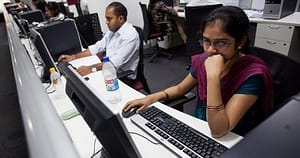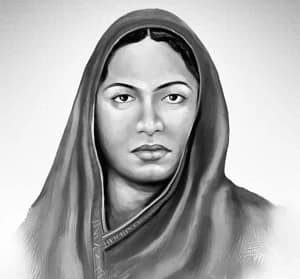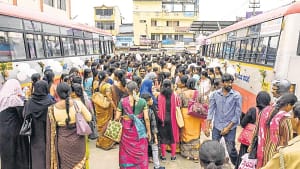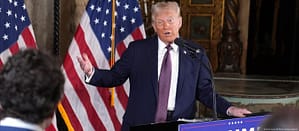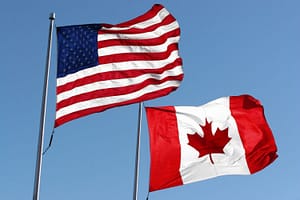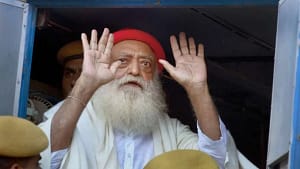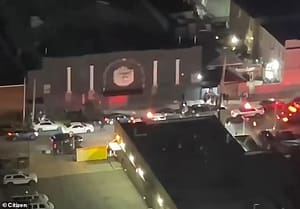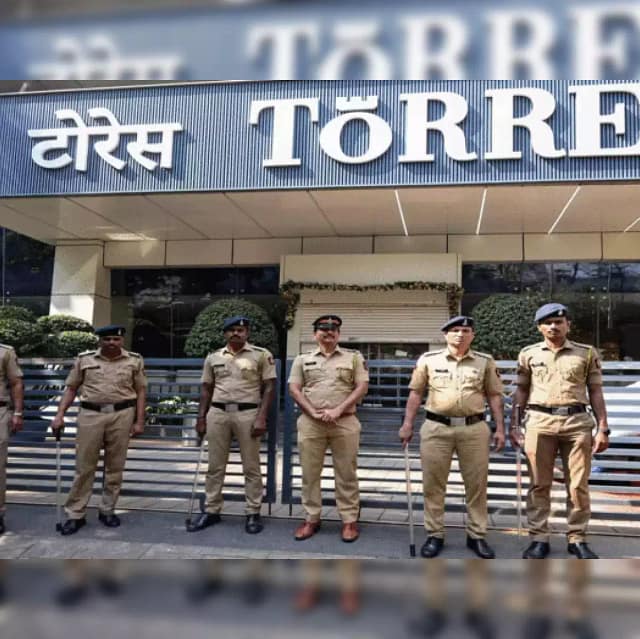In a critical ruling, the Supreme Court of India on Thursday (December 12) paused the filing and registration of fresh lawsuits and survey orders concerning religious places, citing the Places of Worship (Special Provisions) Act, 1991. The order was passed while the apex court reviewed a batch of petitions challenging the validity of the Act, alongside an intervention seeking its enforcement.
Key Highlights of the Ruling
- Stay on Civil Court Orders: The bench, led by Chief Justice of India (CJI) Sanjiv Khanna and Justices PV Sanjay Kumar and KV Viswanathan, halted civil courts from passing orders in pending cases regarding religious sites. Justice Viswanathan observed that trial courts appeared to be “running a race” with the Supreme Court by disregarding the 5-judge Ayodhya case judgment upholding the Act.
- Impact of Pending Suits: Approximately 18 cases across various courts concerning 10 religious places remain under scrutiny. The bench directed that no interim or final orders, including survey-related actions, could proceed until further notice.
- Union’s Delayed Response: The court expressed concern that the Union Government had yet to file a counter-affidavit, despite repeated extensions. It allowed four more weeks for submission, stressing the importance of timely responses in sensitive matters.
Background on the Places of Worship Act
The 1991 Act safeguards the character of religious sites as they stood on August 15, 1947, prohibiting alterations. The Act aims to preserve communal harmony by preventing legal battles over historic religious structures.
The Challenges
- Petitioners’ Claims: The lead petition, filed by BJP leader Ashwini Kumar Upadhyay in 2020, argues that the Act infringes upon the fundamental rights to equality (Article 14) and freedom of religion (Article 25). The law, petitioners claim, is arbitrary and unreasonable.
- Intervenors’ Defense: Groups such as the Gyanvapi Mosque Managing Committee and the Mathura Shahi Idgah Masjid Committee argue that the Act is vital for maintaining communal peace. Political figures like CPI(M) leader Prakash Karat and RJD MP Manoj Jha have also intervened to emphasize the necessity of the statute.
- Recent Developments: The debate gained traction after a controversial ex-parte order by a trial court in Sambhal called for a mosque survey, which led to violent clashes resulting in four fatalities.
The Court’s Stance
During the hearing in supreme court , CJI Khanna clarified that while fresh suits may be filed, they cannot be registered or acted upon. Solicitor General Tushar Mehta was asked to address whether third-party interventions can challenge ongoing suits. Senior Advocate AM Singhvi, representing an intervenor, underscored the need for interim relief, citing the sensitivity of communal issues tied to the pending suits.
Broader Implications
This case carries significant implications for India’s socio-political landscape, as it tests the balance between constitutional principles, religious freedoms, and societal harmony. The Act, which has its roots in the communal strife of the 1990s, remains a legal and emotional flashpoint.
The Supreme Court’s decision to enforce a status quo until further hearings reflects its intent to prevent escalations while addressing constitutional questions surrounding the Act.
Next Steps
The Union Government’s response, expected within four weeks, will play a crucial role in shaping the court’s deliberations. Meanwhile, the temporary halt on court actions concerning religious sites ensures that the sensitive issue does not inflame further tensions.
Case Reference: Ashwini Kumar Upadhyay v. Union of India And Others (WP(C) No. 1246/2020 and connected matters)
This news report is curated with insights from multiple reliable news sources.
